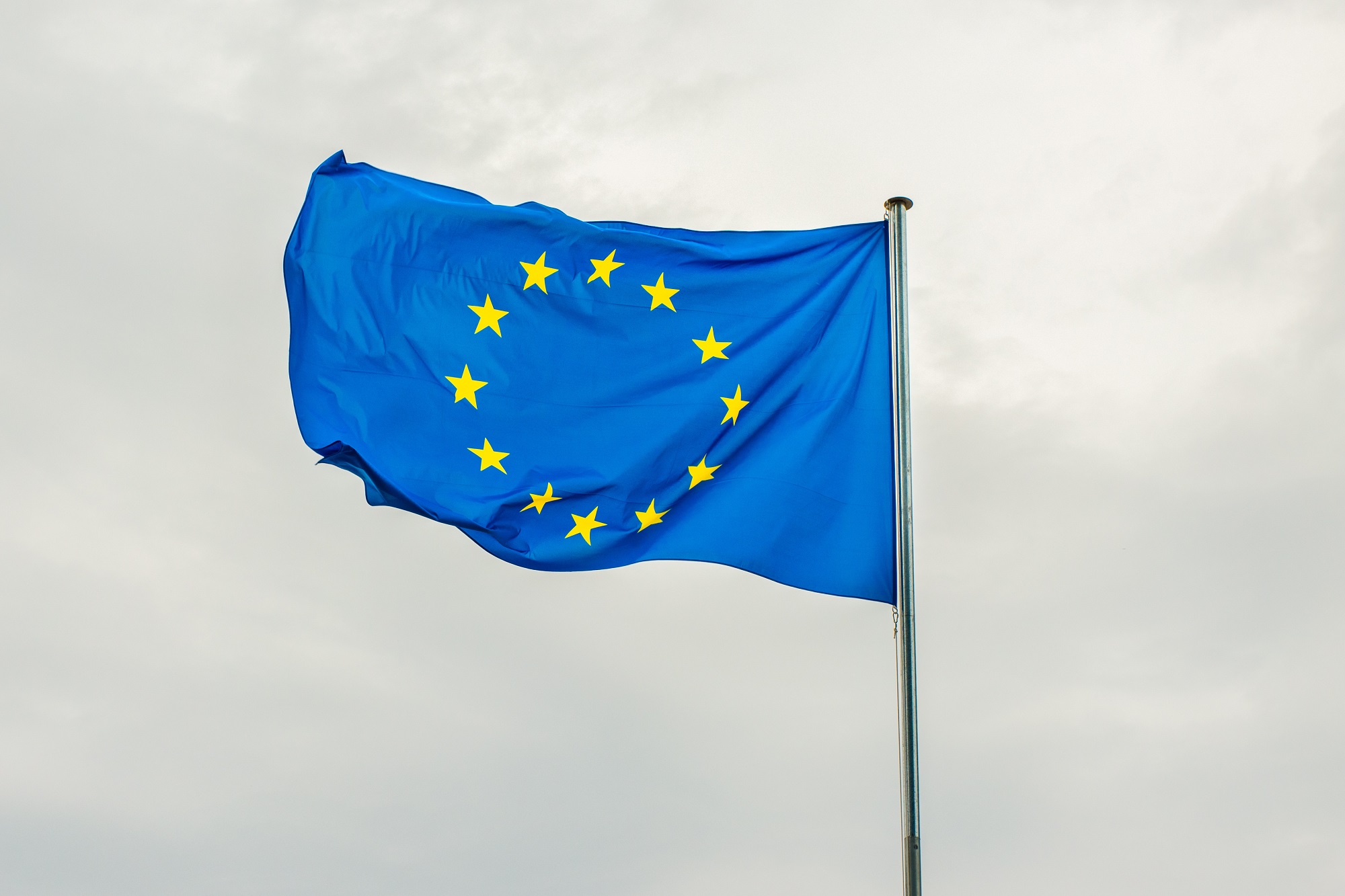On 10 May, representatives of the European Council and the European Parliament signed off on the proposal to introduce a carbon border adjustment, better known as the Carbon Border Adjustment Mechanism (CBAM). This has made the arrival of the new levy at the EU external border final. The CBAM forms part of a wider package of measures under the EU’s Green Deal. In this article, we provide a brief update on the impending changes for international trade.
What is the CBAM?
The broad lines of the CBAM were already outlined in our earlier coverage. Briefly put, it is an environmental levy on imports of specific environmentally harmful goods from non-EU countries. This may include imports of cement, fertilisers and steel. Authorised declarants will be required to purchase emission certificates depending on the emission values of the imported products. In this way, the EU hopes to promote the ‘greening’ of non-EU industries and combat so-called ‘carbon leakage’.
What is striking is that the phrasing of the adopted regulation differs in some respects from previous versions of the submitted proposal. For instance, the European Commission will have a more significant role than initially intended – it will act as a ‘supervisory authority’ in for CBAM declarations. Also, the list of goods covered under the CBAM has been expanded to include various additional product codes (the so-called ‘CN codes’). The obligation to purchase emission certificates will in time also apply to imports of hydrogen and iron ore, among other things.
What happens now?
Despite these amendments, the system of the CBAM remains unchanged. The effective date of the transitional arrangement also remains unaltered. Starting from 1 October 2023, importers will be subject to various reporting requirements, although no certificates need to be purchased yet. Given that the transition period is due to come into effect in a few months, it is important to start making preparations now. Indeed, in future, it will no longer be possible to import goods such as steel or cement if the CBAM requirements are not met.
Would you like to know more about the CBAM, the EU Green Deal or the specific requirements involved? Marisa Hut and Stevie Mols at VAT & Customs Advisory would be happy to discuss with you how the new regulations will affect your business. Baker Tilly is also happy to help you identify the impact of the Green Deal on your business, and how to anticipate it in good time. Our colleague Lucy Lau at ESG Advisory would be happy to speak with you about the specific opportunities and challenges the topics of sustainability and ESG present for your business.
Other insights
-
EU Deforestation Regulation (EUDR): stringent rules for importers, operators and traders
-
Customs Talks: How the new EU Deforestation Regulation (EUDR) will impact business with the UK
-
Budget Day 2024: overview of the new tax plans & proposed legislation





